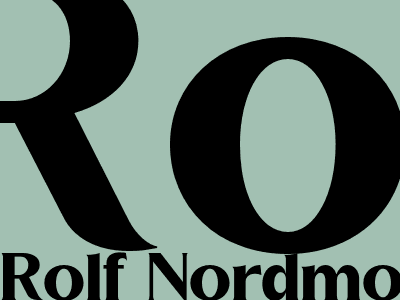
A Complete Guide to SEO for WordPress Websites
Introduction
WordPress is one of the most popular content management systems (CMS), powering over 43% of all websites on the internet. It is a powerful platform that offers a wide range of features and plugins, making it a great choice for businesses of all sizes. However, in order to get the most out of your WordPress website, it is important to optimize it for search engines (SEO).
On-Page SEO
On-page SEO refers to the optimization of individual web pages to rank higher in search engine results pages (SERPs). There are a number of on-page SEO factors that you can control, including:
- Title tags: The title tag is one of the most important on-page SEO elements. It should be concise, descriptive, and relevant to the content of the page.
- Meta description: The meta description is a brief summary of the page's content. It should be informative and engaging, and it should encourage users to click on your link.
- Header tags: Header tags (H1, H2, etc.) help to structure the content on your page and make it easier for users to read. They should be used to highlight important keywords and phrases.
- Content: The content on your page should be high-quality, informative, and relevant to your target audience. It should be well-written and free of errors.
- Images: Images can help to break up the text on your page and make it more visually appealing. They should be optimized for SEO by using descriptive filenames and alt tags.
Off-Page SEO
Off-page SEO refers to the optimization of external factors that can affect your website's ranking in SERPs. There are a number of off-page SEO factors that you can control, including:
- Backlinks: Backlinks are links from other websites to your website. They are one of the most important off-page SEO factors. The more high-quality backlinks you have, the higher your website will rank in SERPs.
- Social media: Social media can be a great way to promote your website and build backlinks. Share your content on social media and engage with your followers.
- Local SEO: Local SEO is important for businesses that serve a local audience. Optimize your website for local search by creating a Google My Business listing and getting listed in local directories.
Technical SEO
Technical SEO refers to the optimization of your website's technical infrastructure to improve its performance in SERPs. There are a number of technical SEO factors that you can control, including:
- Website speed: The speed of your website is an important ranking factor. Make sure your website loads quickly on all devices.
- Mobile-friendliness: Your website should be mobile-friendly. This means that it should be easy to use and navigate on mobile devices.
- Security: Your website should be secure. This means that it should have an SSL certificate and that it is protected from malware.
Conclusion
SEO is an essential part of digital marketing. By optimizing your WordPress website for SEO, you can improve your visibility in SERPs and attract more visitors to your site. Use the tips in this guide to get started with SEO for WordPress today.